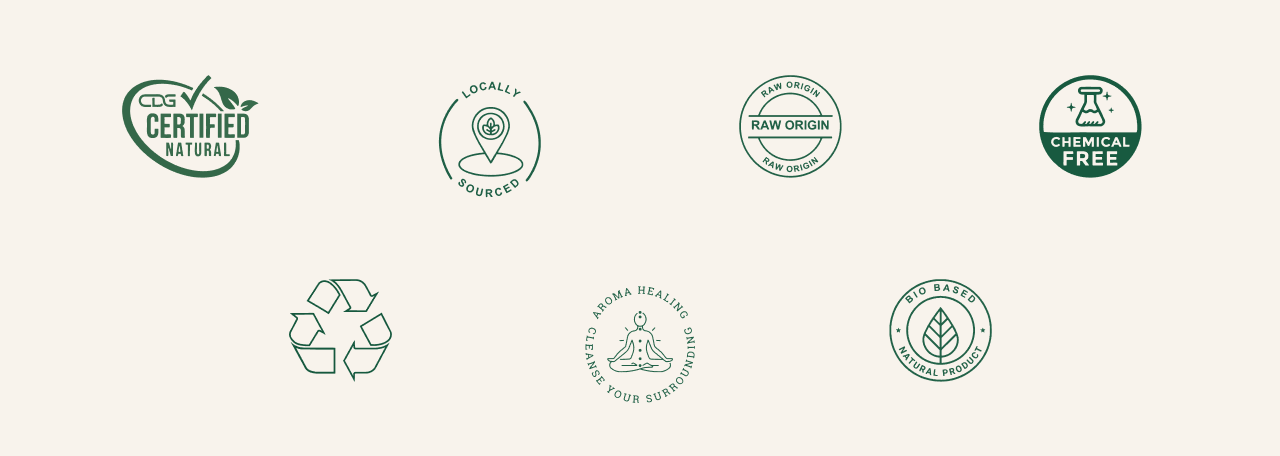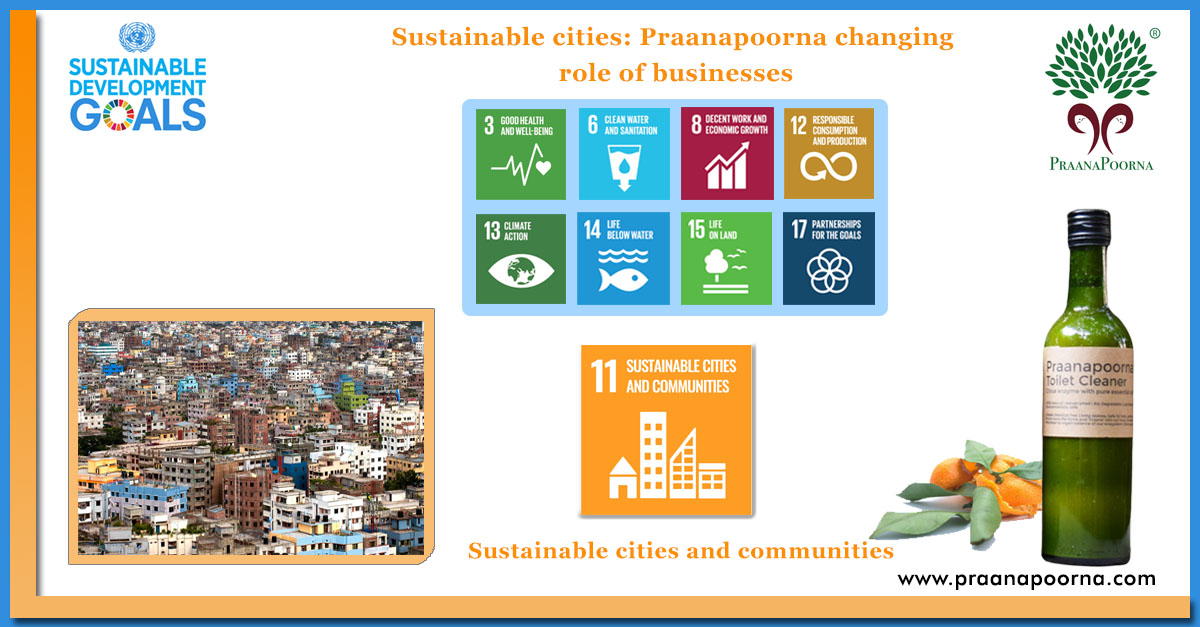No products added!
The world population has been ever increasing. Not only that, there has been a trend of increasing urbanization which appears to be irreversible in near future.In order to meet the accommodation needs of all, building modern and sustainable cities appears to be a basic requirement. The eleventh sustainable development goal of the UN seeks to address the challenges posed by urbanization and ensure that cities are eco-friendly, secure and sustainably managed. So the prime commitment we have is to provide universal access to public spaces that are green, inclusive and accessible by 2030, particularly for vulnerable groups of the society; women, children, the old aged and people with disabilities.
Sustainable Development Goal about Sustainable cities and communities
As more people live in cities in this century, cities are the key to driving sustainability. That is where innovation, business, culture, science and productivity prosper. Urban areas provide an ocean of opportunities for economic and social prosperity. But this is only possible in thriving cities that can welcome people for decent jobs and where natural resources are managed and keeps pace with inmigration. Sustainable development fosters prosperity and economic opportunities which eventually lead to improvement of social wellbeing and environment protection. And it is the best way to improve the lives of people around the world.
Where does the challenge lie?
It is estimated that six out of ten people will reside in the cities of the world. By 2030 the world is expected to have 43 megacities with more than 10 million people, and most of them are in developing countries. Rapid urbanisation puts pressure on freshwater supplies, wastewater management, living conditions of the community and public health. Our fast growing urban world is facing bottlenecks, a lack of basic services, shortage of adequate housing and decrease in infrastructure. The lack of infrastructure and services in waste management, waste & sanitation, and roads & transport makes the natural resources more polluted in unplanned urban areas. Also the urban areas contribute 70% of the global carbon emissions and over 60% of the resource use.
Fast paced life and convenience drive urban life. There is a rush for doing things and therefore everyone is looking for convenience. It is because of this convenience that we end up creating more garbage per capita than we did a decade ago. The dependence on e commerce is adding to the garbage woes of the cities. Without cities having adequate infrastructure to collect garbage and regulations to process it effectively, the garbage ends up in water bodies, streets or just about anywhere. City managers are often not able to implement strict regulations for curtailing the garbage menace particularly in developing countries.
What Prana Poorna Products do?
By using locally available natural raw materials Praanapoorna integrates the goal of Sustainable cities and communities into their products. Through sourcing the new materials locally within an area of 500kms PranaPoorna minimizes the transport and minimizes the ecological footprint of all its products. As products are made and sourced locally, this mitigates the problems that centralized factories create. Added to that is the comfort to the consumer for getting consistent supply and a message to the makers of the products as well as availability of a safe resource to them. The packing and the production process are based on the motto ‘towards zero landfills’ where they ensure that 99% of PranaPoorna product bottles are repurposed. More than 1500 bottles have already been saved from reaching the landfills. By providing jobs to the underprivileged sections of the society PranaPoorna has been an inspiration in ensuring access for all to adequate, safe and affordable housing and basic services.









